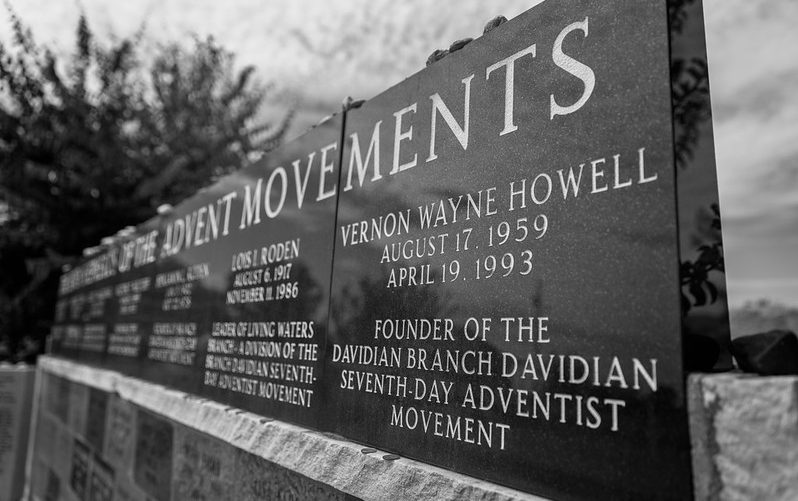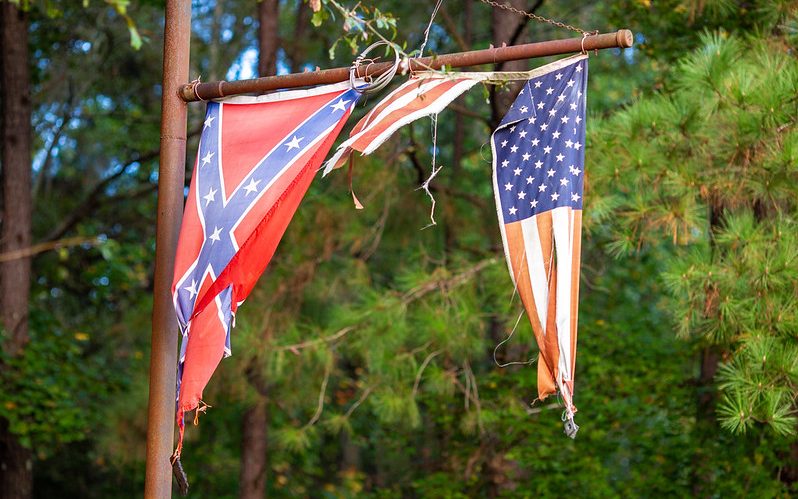
Turning Point: The Rise of Right-Wing Politics, the Waco Siege, and the Response of American Law Enforcement
30 years ago, federal agents with the Bureau of Alcohol, Tobacco, Firearms, and Explosives serving search and arrest warrants for a fundamentalist Christian cult known as the Branch Davidians became involved in a firefight which developed into a nearly two-month-long siege with the Federal Bureau of Investigation at the helm. The changing of the conservative movement in the U.S. into one largely dominated and controlled by extremist parties who do not have an interest in making medially or statistically informed policy, but rather in appealing to their own base and ideology, remains the legacy of the siege until today.

Black Genocide: Classifying the Transatlantic Slave Trade and U.S. Slavery of Africans as a Genocide
The American slave trade remains one of the most horrific periods of American history. Many in the United States classify the Atlantic Slave Trade, the American slavery system, and the Jim Crow laws as reprehensible acts, crimes committed by White Americans and English, and a stain upon the United States, and rightly so. However, these events should also be classified as genocide as they meet the legal criteria for such crimes and also follow a very similar line when looking at other, more internationally recognized forms of genocide.

Winning Hearts and Minds: How the United States Lost the Civil War
The age-old aphorism “History is written by the victors” exemplifies the belief that, whoever wins a conflict, writes the history books in favor of themselves and their message. In effect, with one’s goals accomplished and victory gained, they are able to construct the future’s telling of this battle, war, or event to better suit their own desires. This belief is often incorrect and does not account for a substantial number of historical events in which the “losers” of a conflict or event have written history to suit themselves. In the United States, perhaps the most prevalent form of pseudohistorical and false thought is our nation’s collective understanding of the U.S. Civil War.

